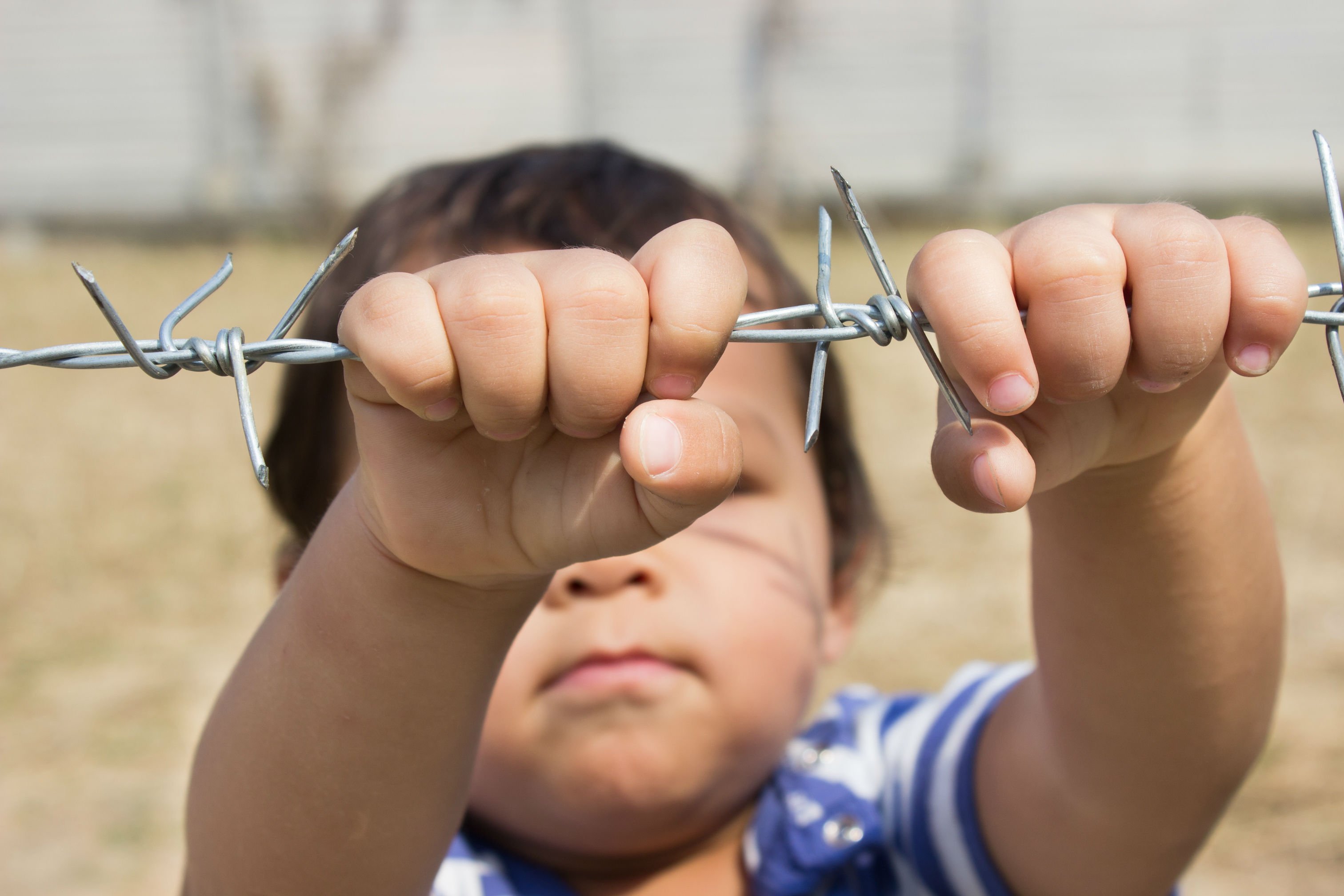It’s impossible to imagine a historic change until it happens. The British people have just decided to leave the European Union - an institution built to create peace, economic co-operation and enable the free movement of people across European states.
In a vote that was split between the 48% who wanted to remain, and the 52% who wanted to leave, it’s a cliche to say that the result exposes a fiercely divided nation. On the morning after the vote, half of Britain woke up celebrating the prospect of “independence”, while the others woke up in what feels like a whole new country:
David Cameron has announced his resignation. Scotland is tipped for a second referendum on independence from the UK after 62% of Scots voted to remain in the EU. The majority of people in Northern Ireland also voted to Remain, and so the region’s Deputy First Minister has called for a poll on a united Ireland.
This post-Brexit uncertainty raises literal questions on what it means to be a UK citizen, but also what it means to be a global citizen. As Britain works to redefine itself for a new future, what vision will the country set for its role in the world? In the face of global challenges like extreme poverty, climate change and the refugee crisis, it’s as vital as ever that the UK looks outward to unite with people all over the planet and build a better world.
Overseas aid

In his resignation speech, David Cameron told the country he was proud of “keeping our promises to the world’s poorest.” The UK has been a leader in providing humanitarian assistance and international aid across the world - from its rapid response to the Nepal earthquake to its role in providing education to girls around the world.
While the referendum debate did not focus on overseas aid spending, vocal members of the Brexit campaign have pledged to scrap the country’s aid programme. The result of the vote therefore places the target to spend 0.7% of its national income on international aid under threat. In the aftermath of a Brexit, the UK must show itself to be a committed player in the global fight to end extreme poverty, and live up to the promises it made when it signed the 17 Global Goals to build a more stable future for people everywhere.
The refugee crisis

The last few years may have been the most challenging yet for the European Union, compounded by a worldwide refugee crisis that saw over a million refugees on European shores last year.
A Brexit does not mean the UK is immune to the human tragedy taking place on our continent. Last year, the government promised to take 20,000 refugees from refugee camps in the Middle East, and provide a home to 3,000 unaccompanied minors already in Europe. The UK must uphold these commitments, step up to take its fair share of refugees in line with international law, and continue to work to resolve this escalating crisis.
Tolerance

While there were multiple reasons to ‘Vote Leave,’ it is impossible to deny the role of anti-immigrant attitudes in shaping the debate. The infamous ‘Breaking Point’ poster depicting refugees as a racial and religious threat was publicly condemned, and many ardent Leave campaigners stress the importance of keeping Britain open to overseas talent. As the country reassesses its immigration policy, it must decide whether it will be a nation that turns on outsiders and in on itself, or a nation that tackles xenophobia head on and opens itself to a globalised world.
Young People

Exact figures for youth turnout have not been released, a YouGov poll suggests that 75% of 18-24 year olds voted to Remain. This figure speaks volumes as it is this generation that will have to live with the consequences of a Brexit for the longest. Brexit will affect their rights to live, work and study abroad, potentially limiting the opportunities available to them.
As the world’s fastest growing demographic, millennials have a crucial role in shaping the future of the world. In the aftermath of the results, the 75% that hoped for a different outcome - an outcome that looked outwards and held onto the belief that we are better together - can continue to make their voice heard and stand up for the values they believe in.